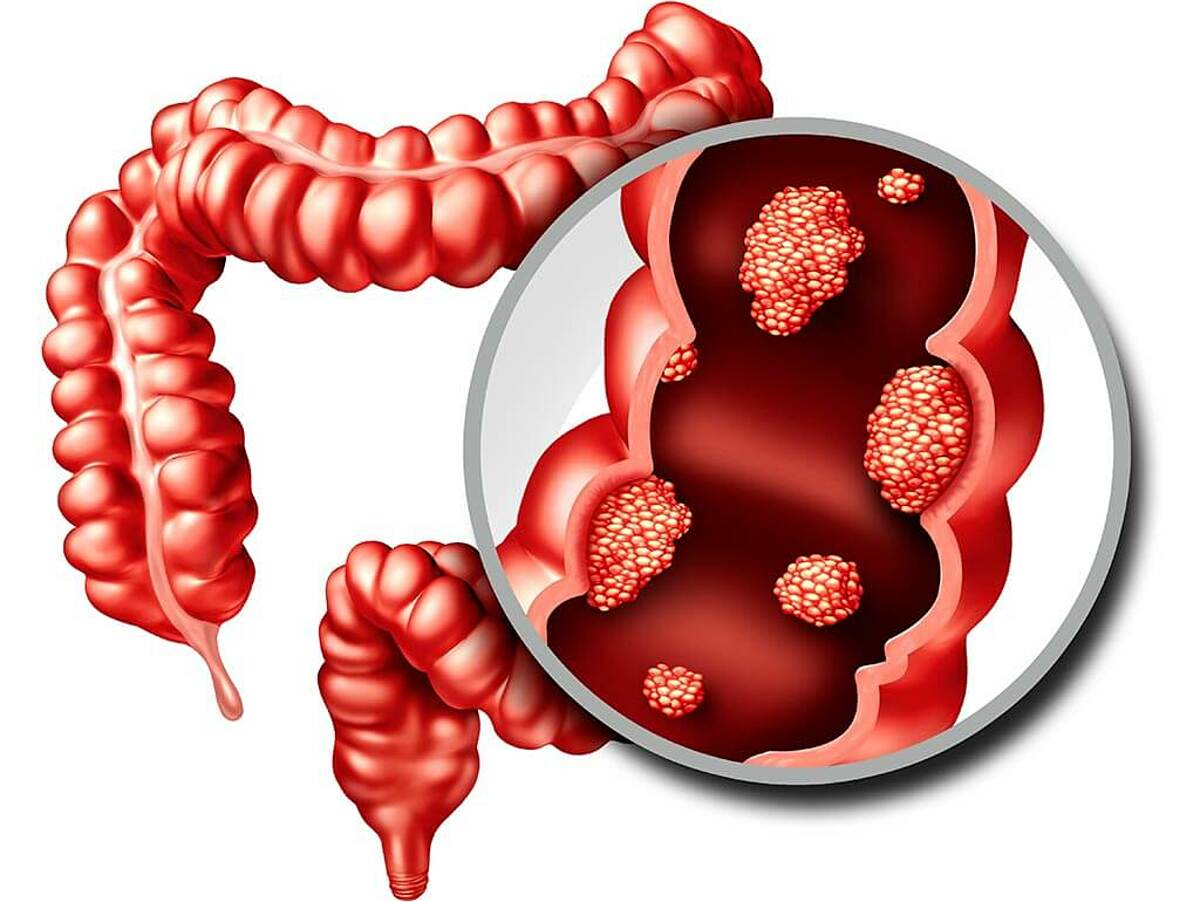"I didn't feel any pain when I went to the toilet, but I saw blood. Deep down, I knew it was cancer. That scared me more than anything," Kirt shared on 24/7.
In August 2024, he began experiencing irregular bowel movements and abdominal pain, but dismissed them as insignificant and avoided seeking medical attention. It wasn't until a prominent symptom emerged that he suspected a more serious issue.
Kirt recalled his initial symptoms included diarrhea, abdominal pain, and the feeling of needing to have a bowel movement but being unable to. However, the most concerning symptom was painless bleeding during bowel movements.
According to the UK National Health Service (NHS), individuals with bowel cancer may experience rectal bleeding or blood in their stool, but this symptom isn't necessarily painful. Conversely, anal fissures, caused by small tears, often cause severe pain accompanied by bright red blood.
"I was losing dark, deep red blood. Initially, the blood was light, but then it darkened and wasn't painful at all," he shared.
Despite his intuition, Kirt faced a long wait for a colonoscopy to investigate the cause. As his symptoms rapidly worsened, he opted to pay for the procedure himself to receive a timely diagnosis.
When a tumor was discovered during the colonoscopy, Kirt recounted remaining conscious despite being under anesthesia. He saw a large mass appear on the screen, and the room fell silent, with no doctor speaking. At that moment, he understood he had cancer.
He awoke in the recovery room to find a doctor on his left with a notepad and several nurses on his right. "I knew straight away something wasn't right," he said.
Kirt has since had a third of his colon removed and is currently in remission.
 |
Illustration of a cancerous tumor forming in the colon. Image: Booking Health |
Illustration of a cancerous tumor forming in the colon. Image: Booking Health
Kirt is one of over 44,000 new bowel cancer cases diagnosed annually in the UK, making it the third most common cancer. Over 50% of bowel cancer cases are preventable.
However, the rising trend in younger individuals is causing concern. Experts suggest potential links to diet, exposure to chemicals, and radiation from electronic devices.
In the US, doctors warn that rising obesity rates have tripled deaths from weight-related cancers. This includes bowel and colon cancer, which are increasingly affecting younger, healthy individuals.
In the UK, obesity accounts for 5% of all cancers, but for colon cancer, this figure rises to 11%. Men are at higher risk: the risk of bowel cancer increases by 10% for every 5 kg gained after adulthood.
Despite the clear link to obesity, many experts believe environmental factors are impacting the younger generation more than before. Theories include chemicals in food, microplastics, pollution, and E. coli bacteria in food.
Thuc Linh (Daily Mail)












